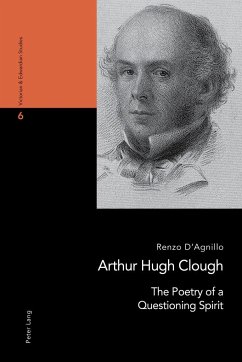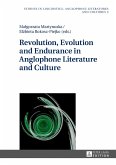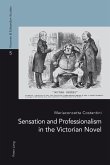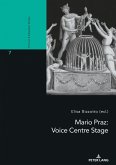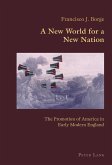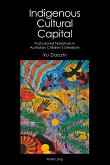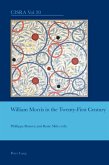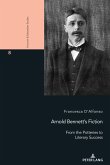This study traces the poetic development of Arthur Hugh Clough through a methodological approach based on close readings of his most important works with separate chapters devoted to the three great poems of his maturity: The Bothie of Toper-na-Fuosich, Amours de Voyage and Dipsychus. Attention is also given to the socio-cultural context and the religious and political debates which contributed in shaping Clough's artistic and ideological vision, particularly through the influential figures of Thomas Arnold, John Henry Newman and Ralph Waldo Emerson. That Clough remains to this day one of the most neglected nineteenth-century writers is all the more remarkable given the importance of his intellectual contribution to his times and his radical questioning of religious faith, traditional values and poetic norms.
Bitte wählen Sie Ihr Anliegen aus.
Rechnungen
Retourenschein anfordern
Bestellstatus
Storno

